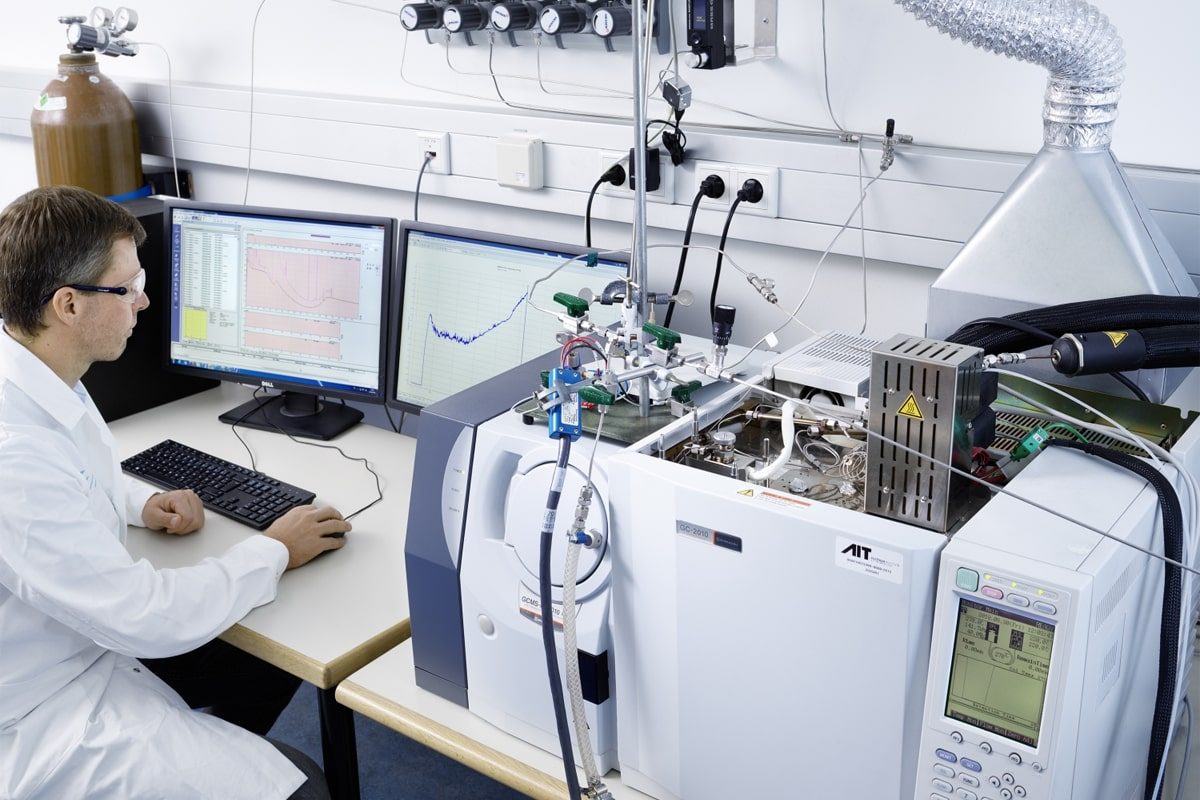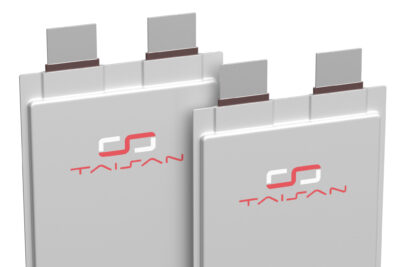European research project to refine digital tools for the production of battery cells
This week in Vienna, Austria, the 13-member DigiCell research project was kicked off with a consortium-wide meeting headed by the Austrian company Keysight Technologies. Significant participation throughout the three-year project is to come from the AIT Austrian Institute of Technology. The aim is to improve battery cell and battery pack manufacturing and testing processes with digital tools and artificial intelligence. The project is not only focused on lithium-ion batteries (LiB) but also on researching “innovative cell solutions beyond lithium,” as the project researchers have announced.
Project deputy coordinator Dr Nawfal Al-Zubaidi-R Smith from Keysight Technologies says, “We will combine advanced battery and materials tests with multi-physics modelling and integrate them in an open-environment ecosystem.” In this way, the project participants aim to “revolutionise” the EU scientific landscape for batteries, supported by AI-based data analytics. “With DigiCell, we are generating a long-term impact by increasing the competitiveness of large-scale industrial production of batteries in Europe,” says Dr Nawfal Al-Zubaidi-R Smith.
The research undertaken will involve the development of new measuring tools for materials and the creation of multi-scale, digitally integrated battery models using machine learning. This approach aims to reduce production costs, material usage and the CO2 footprint in production lines while improving the electrochemical performance of battery cells.
In addition to the project coordinator Keysight Technologies and the AIT, the project will benefit from the participation of Roma Tre University, Johannes Kepler University Linz, Politecnico di Torino, Leitat Technological Center, University of Picardy Jules Verne, Centre National de la Recherche Scientifique, Innovation in Research & Engineering Solutions, International Standards Consulting, Kreisel Electric, Centro Ricerche Fiat, European Research and Project Office, the Swiss Federal Institute of Metrology, International Standards Consulting and the European Research and Project Office.
For its part, the AIT Austrian Institute of Technology says it will, among other things, investigate the formation, evolution and degradation mechanism of the solid electrolyte interface layer (SEI) on Mg|Mg symmetric cells using innovative characterisation methods. Other foci involve the development of a single-layer Mg-ion pouch cell prototype.
Recycling and second-life applications will also be focused on at AIT during the project. Here, Austria’s largest research and technology organisation aims to make in-depth characterisations to understand the degradation phenomena of Li-ion cells to assess the feasibility of the active materials for second-life applications.
“The global demand for batteries is expected to rise sharply over the next ten years. In particular, the increasing demand for battery electric vehicles presents the industry with major challenges at various levels,” emphasizes Martina Romio, the AIT project manager for DigiCell. “As part of DigiCell, we want to make a significant contribution to sustainable, resource-conserving and cost-efficient battery cell production in Europe – in line with the objectives of the European Green Deal.”






0 Comments